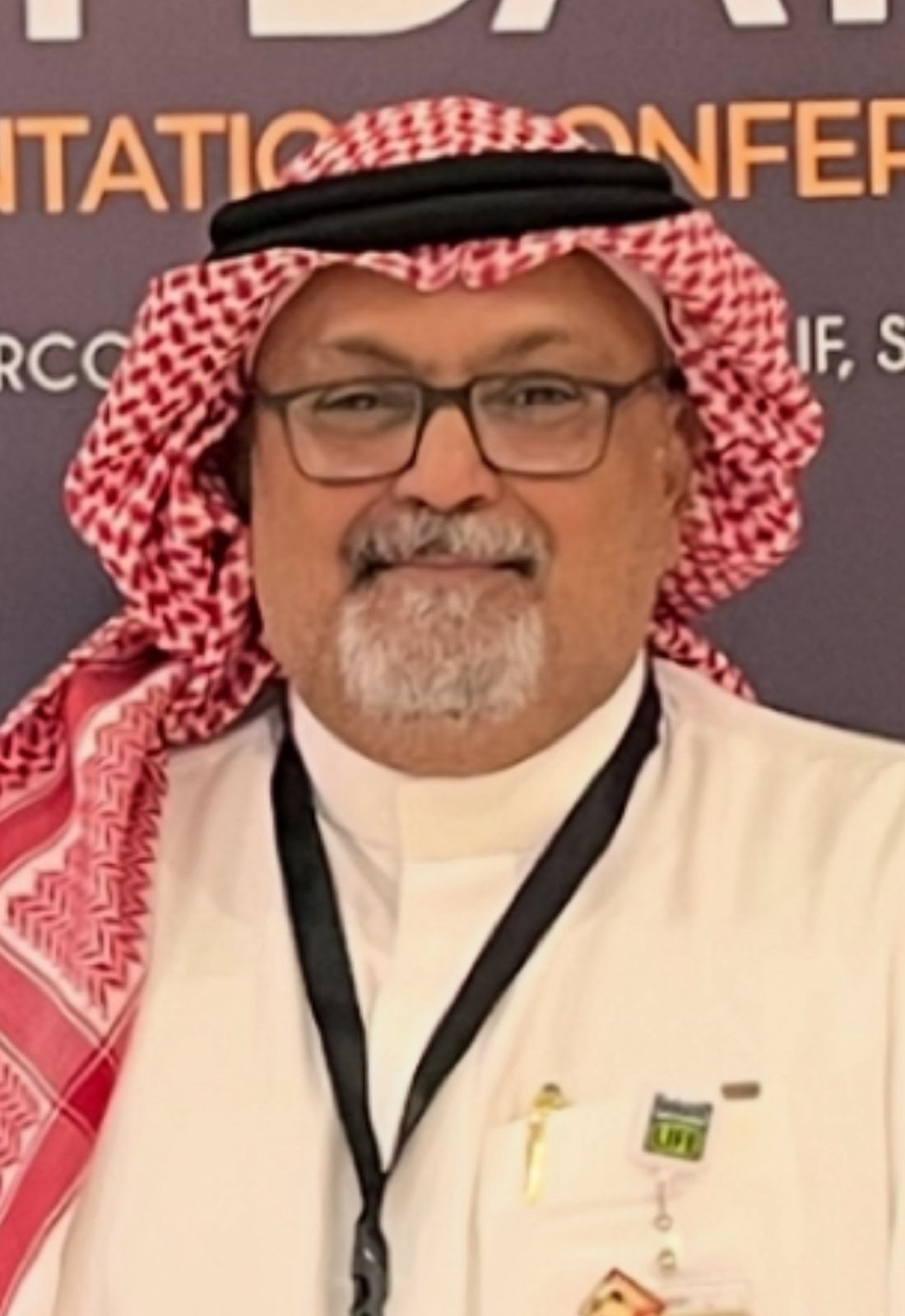
Yaser Kattoah – Professional Biography
Yaser Kattoah currently serves as the Administrative Kidney Transplant Coordinator in the Department of Nephrology at the Armed Forces Hospital in Taif, Saudi Arabia. Prior to this role, he spent over 12 years as an Administrative Organ Transplant Coordinator at King Faisal Specialist Hospital and Research Centre (KFSHRC) in Jeddah.
He began his career in the healthcare sector at the Saudi German Hospital in Jeddah, where he served in an administrative role for seven years, gaining significant experience in hospital operations and patient services.
Yaser earned his Bachelor’s degree in Communication Studies with honors from Robert Morris University in Pittsburgh, Pennsylvania, USA, in 2012. He also received a Diploma in Hospital Management and Healthcare in 1997 from the College of Administration at the Makkah Chamber of Commerce.
In 2007, he was awarded the Transplant Procurement Management Diploma from the Institute for Lifelong Learning – University of Barcelona, Spain, enhancing his expertise in organ transplant coordination.
Yaser has authored more than four scientific research papers addressing the challenges of organ donation and transplantation in Saudi Arabia, offering national-level solutions that have gained widespread recognition. His impactful contributions have earned him memberships in prestigious international organizations, including the Transplantation Society (TTS) and the International Society for Organ Donation and Procurement (ISODP).
In recognition of his accomplishments, Yaser was appointed as a member of the Saudi National Committee for Organ Transplant Coordinators. In 2007, he received a Travel Grant Award from ISODP for his participation in the project “Improving Consent via Patient Support Groups”, which he presented in Philadelphia, USA.
In addition to his professional and academic achievements, Yaser is actively involved in volunteer work through the “X” platform (formerly Twitter), where he provides guidance and emotional support to patients with organ failure. His efforts in raising awareness, connecting patients with care, and offering compassionate advice have earned him appreciation and praise from patients, families, and respected national figures, solidifying his position as a trusted and inspiring advocate for organ donation.
Moreover, Yaser has participated in over 16 international conferences on organ donation and transplantation, serving as an experienced speaker and expert panelist. He is among the few transplant coordinators in the Middle East with such a distinguished record of global engagement and scientific contribution. His presence at these events underscores his leadership and deep commitment to advancing ethical practices and public awareness in the field of organ transplantation.
Yaser continues to work on several new research projects aimed at addressing ongoing challenges in the field of organ donation and transplantation within the Kingdom of Saudi Arabia. This comes from his strong belief in the Vision 2030 of the Kingdom of Saudi Arabia, led by the Custodian of the Two Holy Mosques and His Royal Highness the Crown Prince. He is confident that, with God's help and the unwavering support of the government, this vision will be achieved—because the government firmly believes that citizens are the foundation of national development, and that investing in people is the key to building a thriving economy, a vibrant society, and an ambitious nation.
Understanding brain death and the extent of acceptance of donating organs from brain-dead individuals in the Arab Gulf countries through a regional survey to assess awareness levels and cultural influences on donation decisions
Yaser Kattoah1.
1Nephrology, Military Hospital, Taif, Saudi Arabia
Brain death is one of the most debated and ethically sensitive concepts in modern medical science, particularly in the Arab Gulf countries where religious, cultural, and legal values deeply influence medical decision-making. Despite global consensus in many medical communities regarding the criteria for brain death and its use as a basis for organ donation, the level of understanding and societal acceptance remains limited in this region.
This study aimed to evaluate the extent of awareness and acceptance of organ donation from brain-dead individuals among citizens and residents in the Arab Gulf countries, including Iraq. It sought to determine the cultural, religious, and educational factors that influence attitudes toward brain death and donation, while also identifying potential barriers to implementation.
A descriptive-analytical methodology was used through a cross-sectional online survey targeting individuals aged 18–80 across six Gulf countries and Iraq. A total of 1176 responses were analyzed using SPSS, with attention to demographics, education levels, and regional differences. The questionnaire was developed based on over two decades of professional experience in organ transplant coordination, ensuring cultural and professional relevance.
The results revealed a significant gap in knowledge, with 87.1% of participants stating that Gulf citizens are not fully aware of the meaning of brain death, and 89.5% not knowing the medical or legal standards for donation eligibility. Cultural and religious influences—particularly fear of family rejection and misconceptions—were major barriers. Despite this, 75.4% of respondents expressed willingness to donate organs postmortem, and 96% agreed on the importance of having a designated family representative during brain death procedures. Most respondents (93.1%) believed current cultural practices surrounding brain death should be adjusted to support life-saving donation efforts.
In conclusion, the research highlights a critical need for targeted public awareness campaigns, inclusion of religious authorities to address theological concerns, and the formalization of a unified organ donation framework across the Gulf countries. Promoting transparency in medical procedures and empowering families through education and communication are vital to enhancing donation rates and saving lives.